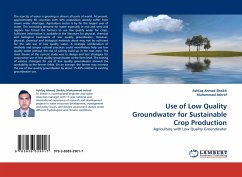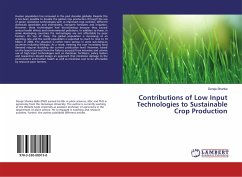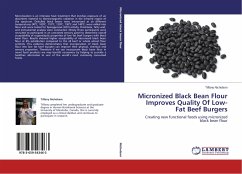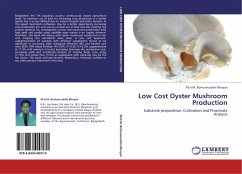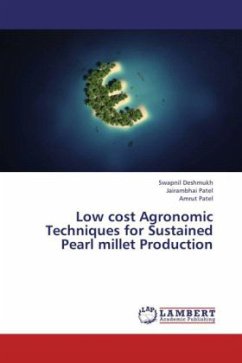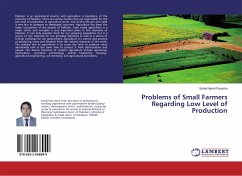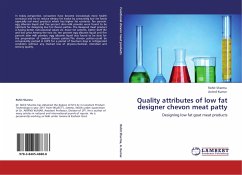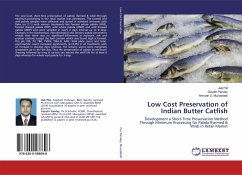The scarcity of water is growing in almost all parts of world. At present, approximately 80 countries with 40% population already suffer from severe water shortages. Agriculture sector is by far the largest user of water. The increasing demand for water especially in arid and semi-arid regions has forced the farmers to use low quality water for crops. Sufficient information is available in the literature for physical, chemical and biological treatments of low quality groundwater. However, physical, chemical and biological methods alone may not be sufficient for the safe use of low quality water. A strategic combination of methods and proper cultural practices could nevertheless help use low quality water without the risk of salinity build up in the root zone. The main theme of the current study was to design and test strategies for conjunctive use of low quality groundwater at the farm level. The testing of various strategies for use of low quality groundwater showed the workability at the farmer fields. On an average, the farmer may increase the use of low quality groundwater by about 15-40% relative to existing groundwater use.
Bitte wählen Sie Ihr Anliegen aus.
Rechnungen
Retourenschein anfordern
Bestellstatus
Storno

